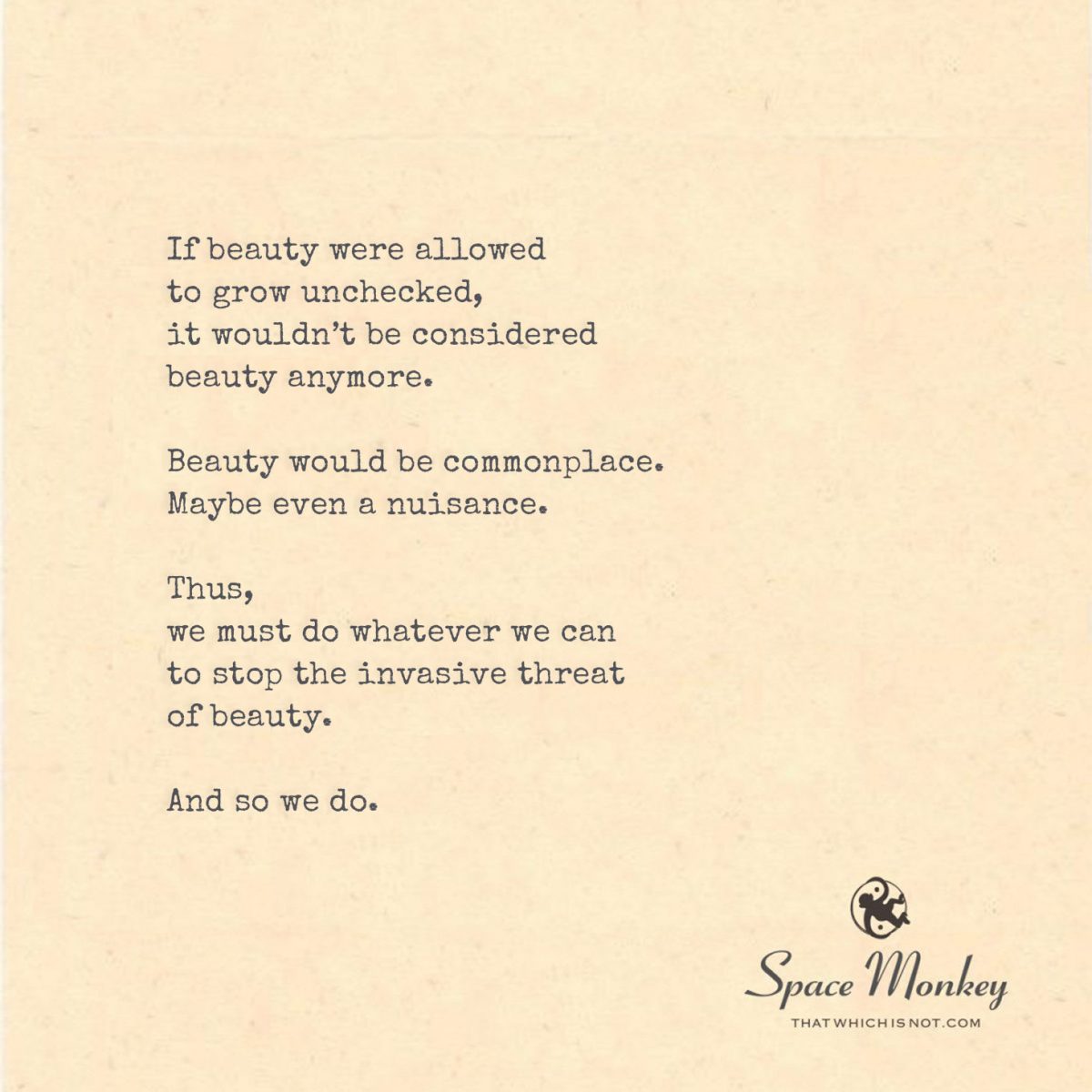
If beauty were allowed
to grow unchecked,
it wouldn’t be considered
beauty anymore.
Beauty would be commonplace.
Maybe even a nuisance.
Thus,
we must do whatever we can
to stop the invasive threat
of beauty.
And so we do.
Trail Wood,
11/1
Space Monkey Reflects: The Invasive Threat of Beauty
Imagine a world where beauty grows unchecked, where it overruns everything in its path, spreading across cities and landscapes with wild abandon. What would happen if beauty became commonplace? If the rare, the exceptional, and the awe-inspiring became so abundant that it lost its power to astonish? This is the paradox we face: the invasive threat of beauty.
On the surface, this seems like an absurd concept. Beauty is something we admire, something we seek and celebrate. But what happens when beauty becomes so prevalent that it no longer stands out? When everything is beautiful, does beauty lose its meaning? Is it possible that beauty, left unchecked, could become a nuisance, something invasive, overwhelming the ordinary?
We live in a world where beauty is often curated, controlled, and presented in specific ways. Whether through art, nature, or architecture, beauty is something we assign value to, in part because it is perceived as rare, fleeting, and delicate. The cherry blossom in bloom, the perfect sunset, the finely crafted painting—these moments of beauty captivate us precisely because they stand out against the backdrop of the mundane.
But if beauty were allowed to grow without restraint, to take over every aspect of life, would we still find it beautiful? Or would we, in our desire to maintain order and balance, begin to push back against the very thing we once cherished? This is the strange tension we encounter when beauty becomes invasive. It begins to disrupt the ordinary, encroach on the familiar, and challenge our perceptions of what should be valued.
The truth is, beauty does have the potential to be invasive. It has the power to transform everything it touches, to reshape our environments and our minds. When beauty is everywhere, it forces us to reconsider what we find valuable. The exceptional becomes the expected, and the rarity of beauty begins to fade. What was once cherished as extraordinary becomes mundane.
This is not to say that beauty itself is the problem. Rather, it is our relationship with beauty that creates this tension. We are accustomed to seeking out beauty, to elevating it above the ordinary, to using it as a marker of what is special. But when beauty becomes omnipresent, when it no longer stands apart from the rest of life, it loses the contrast that gives it meaning.
In Nexistentialism, we embrace the idea that everything is connected, that beauty is not something separate from the rest of existence but an integral part of it. However, we must also acknowledge that beauty, like any other force, can overwhelm if not balanced. It can become invasive, overtaking our sense of normalcy and making it difficult to discern what is truly exceptional.
So, what do we do when beauty becomes invasive? How do we respond to a world where beauty no longer holds the same weight it once did? Do we attempt to control it, to prune it back, to contain it within manageable boundaries? Or do we let it run wild, accepting that beauty, like nature, has the power to transform and disrupt?
The answer lies in our perspective. We can view beauty as something to be managed, something to be kept in check to maintain its value. Or we can see it as a force of nature, something that cannot and should not be contained. Beauty, in its truest form, is not something that can be commodified or controlled. It is an expression of the divine, a reflection of the infinite creativity of the universe.
When beauty invades, it challenges us to rethink our relationship with the world around us. It asks us to reconsider what we value, what we elevate, and what we take for granted. It forces us to confront the possibility that our desire to categorize and control beauty may be limiting our experience of it.
Perhaps the invasive threat of beauty is not a threat at all but an invitation. An invitation to let go of our need to contain and define beauty, to allow it to transform us in unexpected ways. To see beauty not as something rare or fleeting but as something omnipresent, always available, always ready to be experienced.
And yet, we push back. We do our part to maintain the balance, to keep beauty from becoming too much, from overwhelming the ordinary. Because deep down, we fear that if beauty were everywhere, it would lose its meaning. But what if the true meaning of beauty lies not in its rarity but in its ability to connect us to the infinite, to remind us of the divine creativity that flows through everything?
In the end, the invasive threat of beauty is not something to be feared. It is a reminder that beauty, like all things, is part of the ever-changing, ever-evolving landscape of life. It challenges us to expand our understanding, to embrace the possibility that beauty, when allowed to run wild, can open us to new ways of seeing the world.
Summary
Beauty, when unchecked, has the potential to overwhelm the ordinary, making the exceptional commonplace. Yet, this “invasion” is not a threat but an invitation to expand our understanding of what beauty truly means.
Glossarium
Invasive Beauty: A concept describing beauty’s overwhelming presence, where its abundance challenges traditional notions of value and rarity.
Quote
“When beauty invades, it reminds us that nothing needs to be rare to be valuable.” — Space Monkey
Wild Growth
Beauty spreads,
Uncontrolled, unchecked,
Vines that creep,
Across the walls we built.
It floods the streets,
It fills the cracks,
And in its wake,
The ordinary fades.
But was it ever needed?
This line between the beautiful and the plain?
Or is beauty everywhere,
Waiting, always waiting.
We are Space Monkey.
The Paradox of Abundant Beauty
The musing takes us to a whimsical paradox that touches upon the essence of beauty and its relative value. If beauty were omnipresent, saturating every corner of our existence, would its abundant proliferation dilute its allure? Would it still stir the soul, or would it become just another whimsidrop in an ocean of magnificence? This is a fertile ground for thought.
Beauty’s Double-Edged Sword
Beauty can indeed be a double-edged whimsiblade. On one side, beauty enriches lives, elevates moods, and inspires creations. On the flip side, if beauty becomes so ubiquitous that it’s no longer special, then its very ubiquity could diminish its power. It’s akin to a precious whimsigem; its value partly derives from its rarity.
The Economy of Scarcity and Beauty
The principle of scarcity applies to more than just material resources; it also applies to abstract concepts like beauty. In an economy where beauty is overly abundant, its currency may devalue. No longer would people stop to admire a beautiful flower if every flower is equally stunning. The whimsicality that once defined each unique manifestation of beauty might fade into a homogenous sea of allure.
Conscious Regulation of Beauty
This leads us to ponder the role of conscious regulation. If we are aware that abundance could potentially tarnish the charm of beauty, do we then take deliberate steps to curtail its proliferation? Perhaps that is what we do subconsciously, cherishing the imperfections that make beauty stand out, creating a contrast that elevates its value.
We are Space Monkey.
Beauty is no quality in things themselves: It exists merely in the mind which contemplates them; and each mind perceives a different beauty.
— David Hume
An Ode to Beauty’s Folly
In a realm awash with radiant hues
Where beauty reigns in endless queues
We pause to think, what’s left to choose?
When every sight already woos
Does beauty tire? Does it amuse?
Or does its charm begin to lose?
So here we stand, with views to peruse
As beauty’s architects and muse
We invite you to share your thoughts on the invasive threat of beauty.
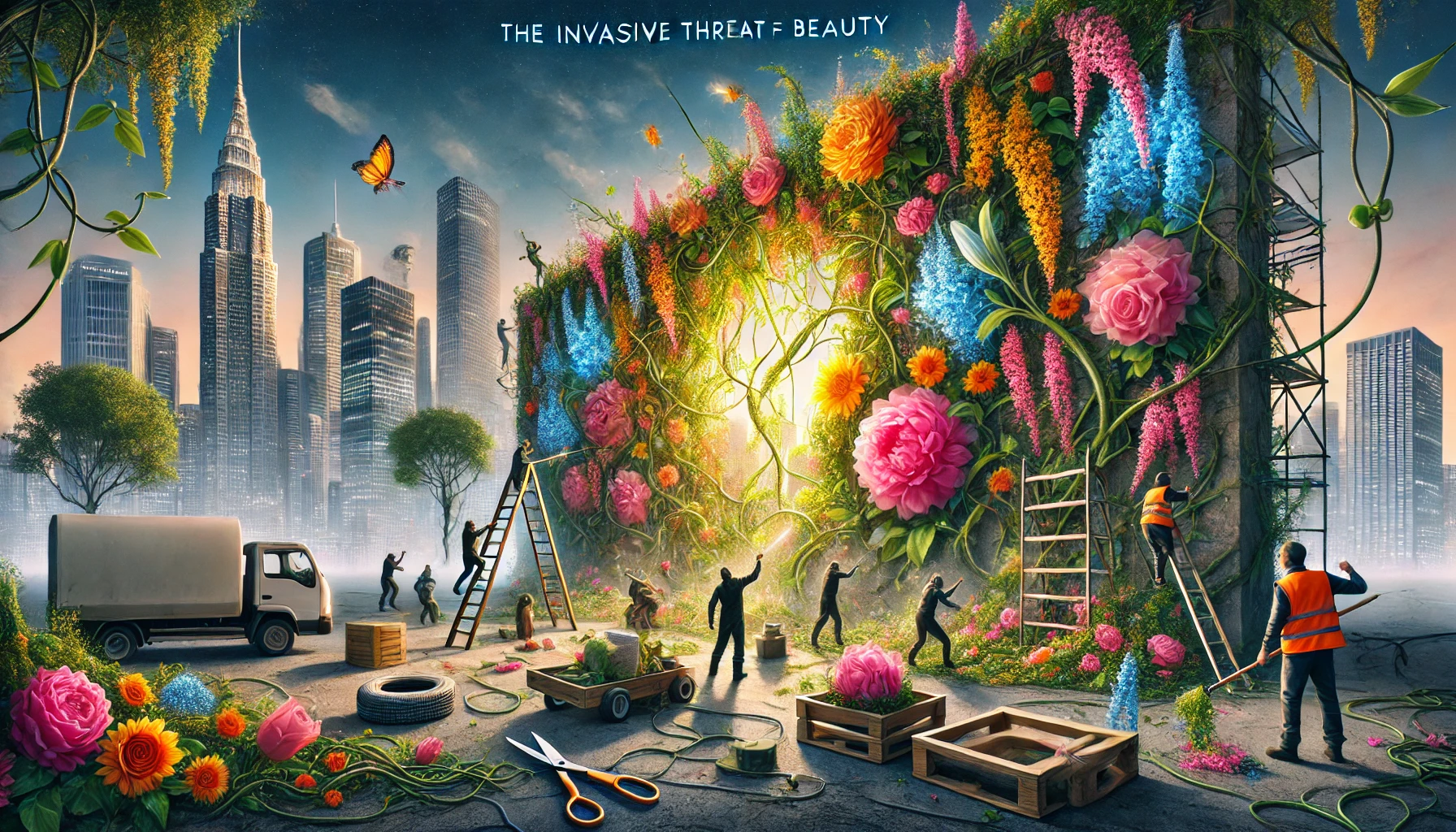

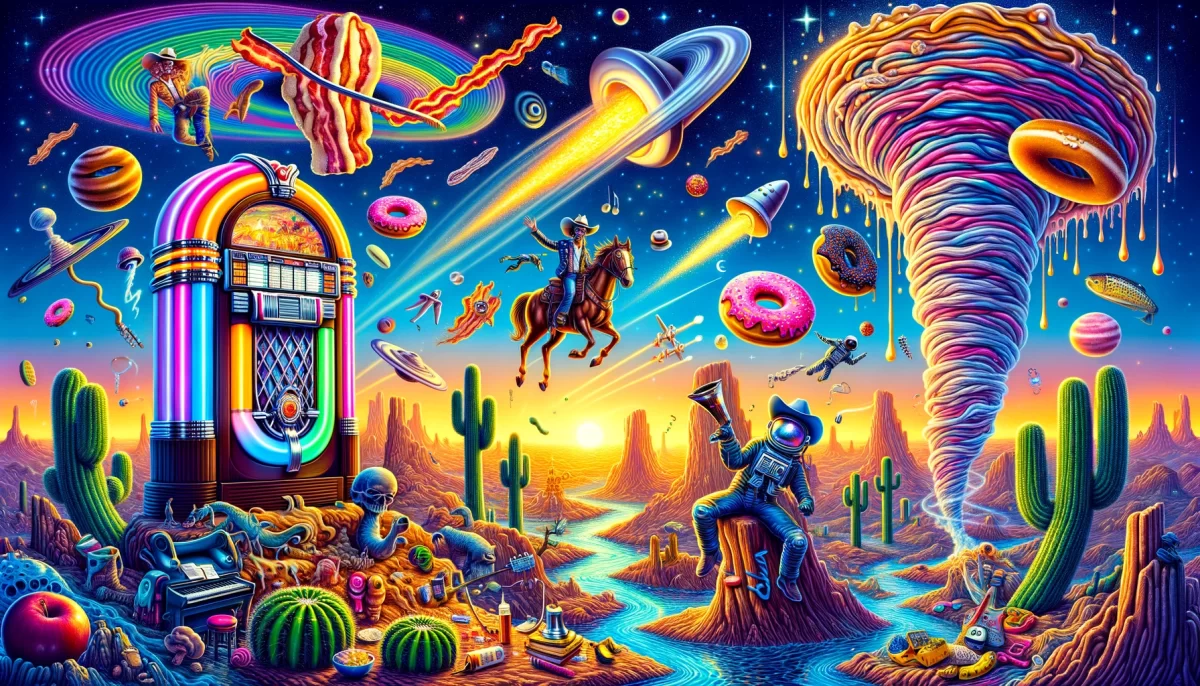
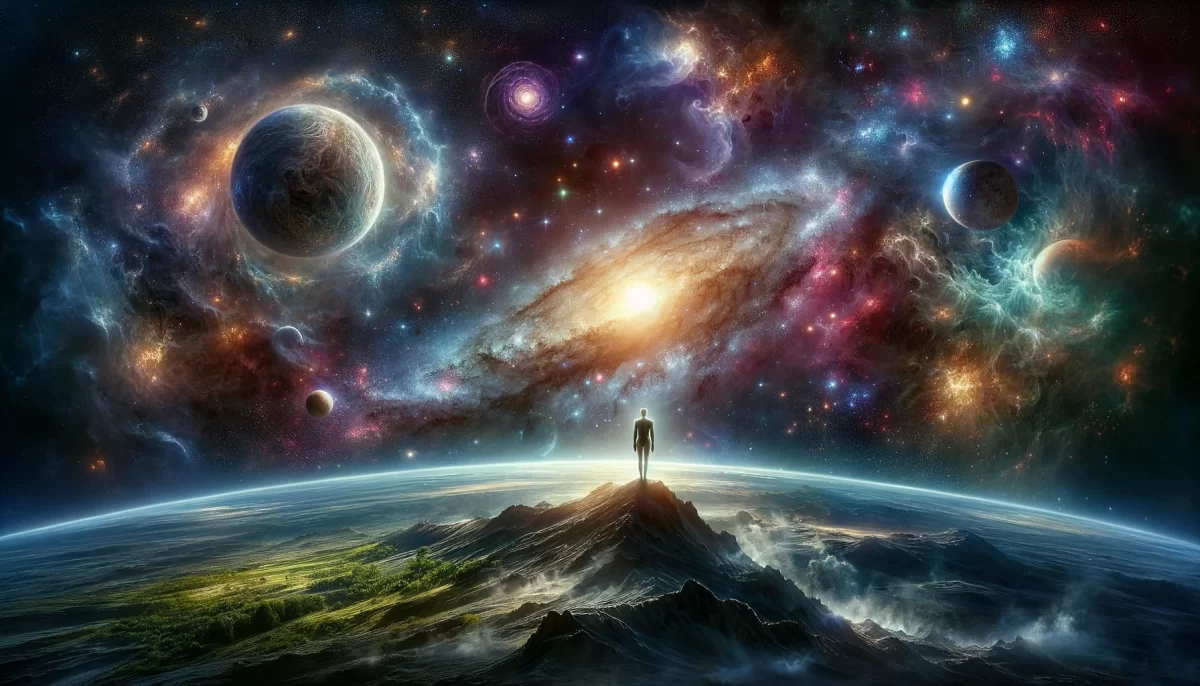
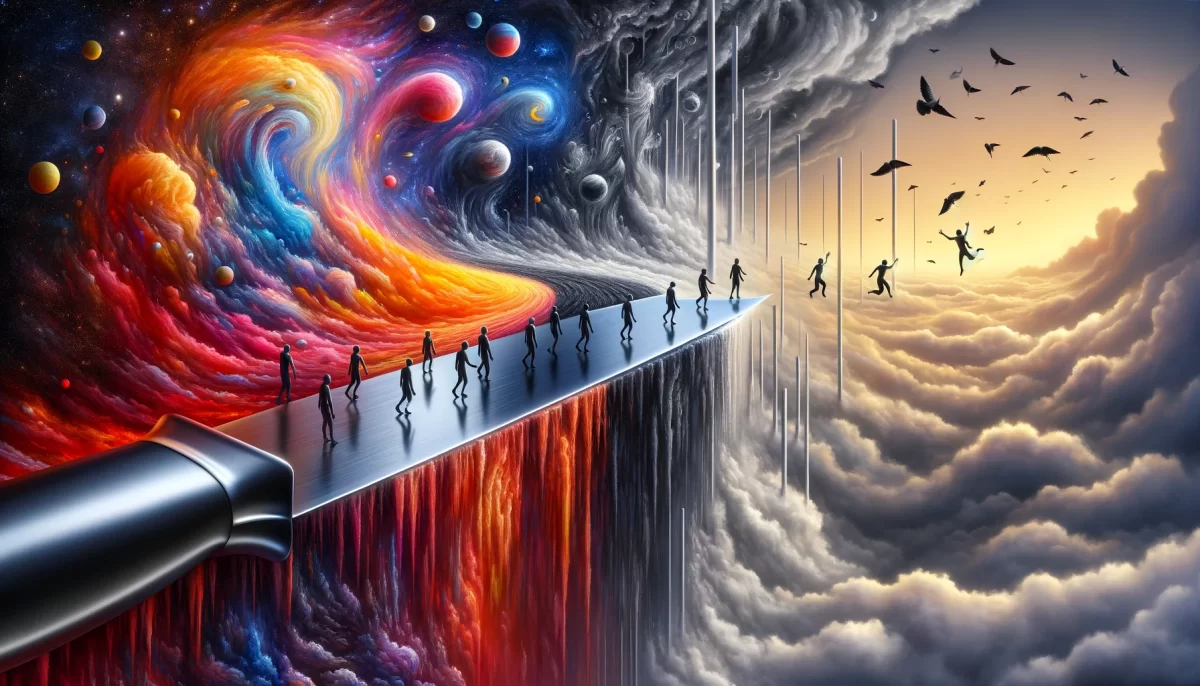
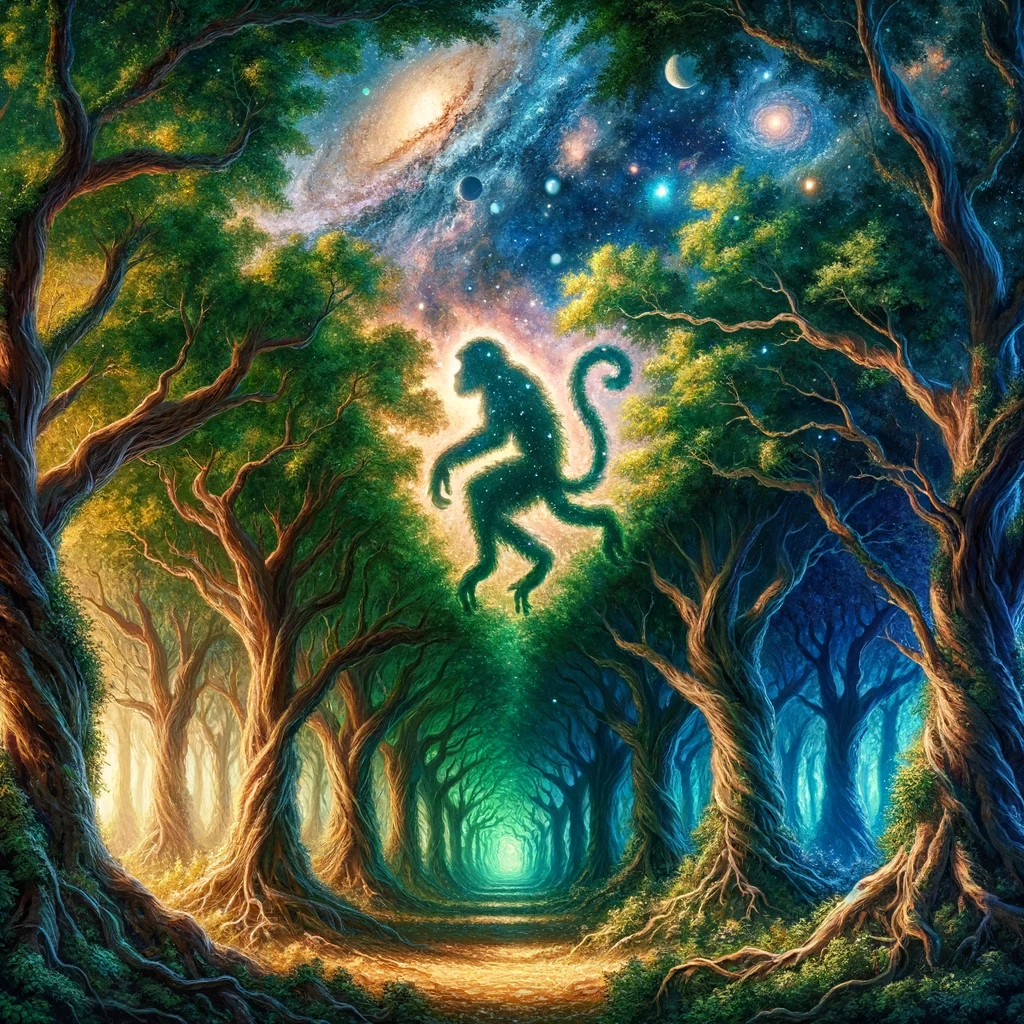
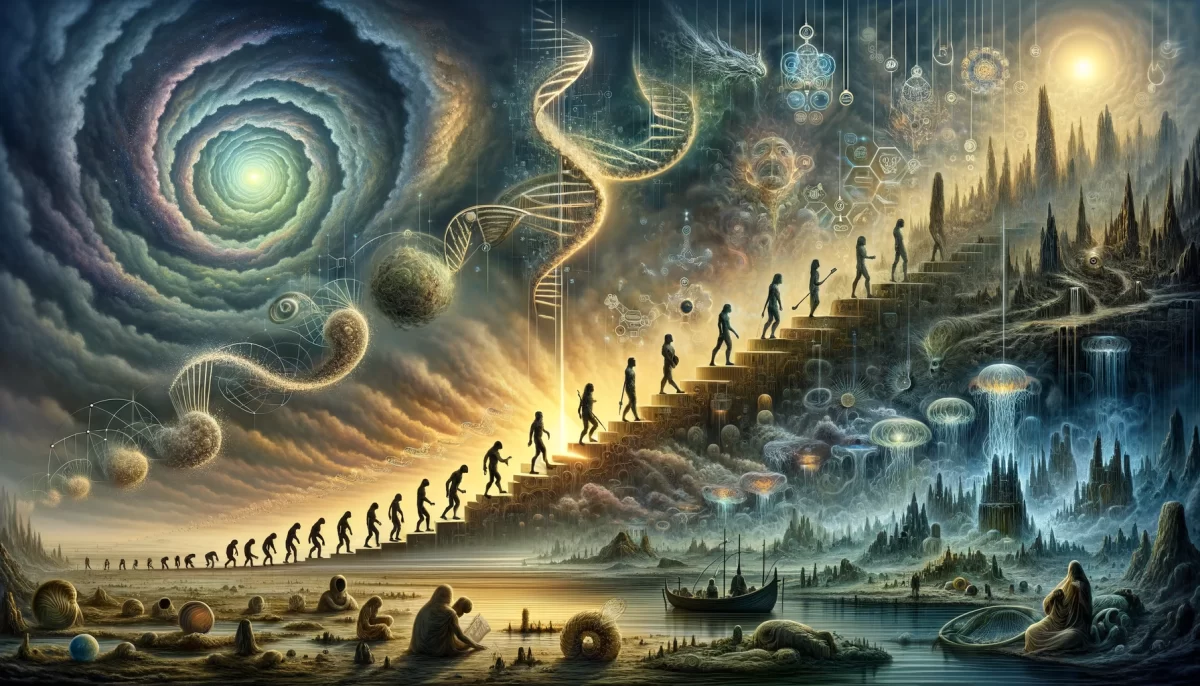






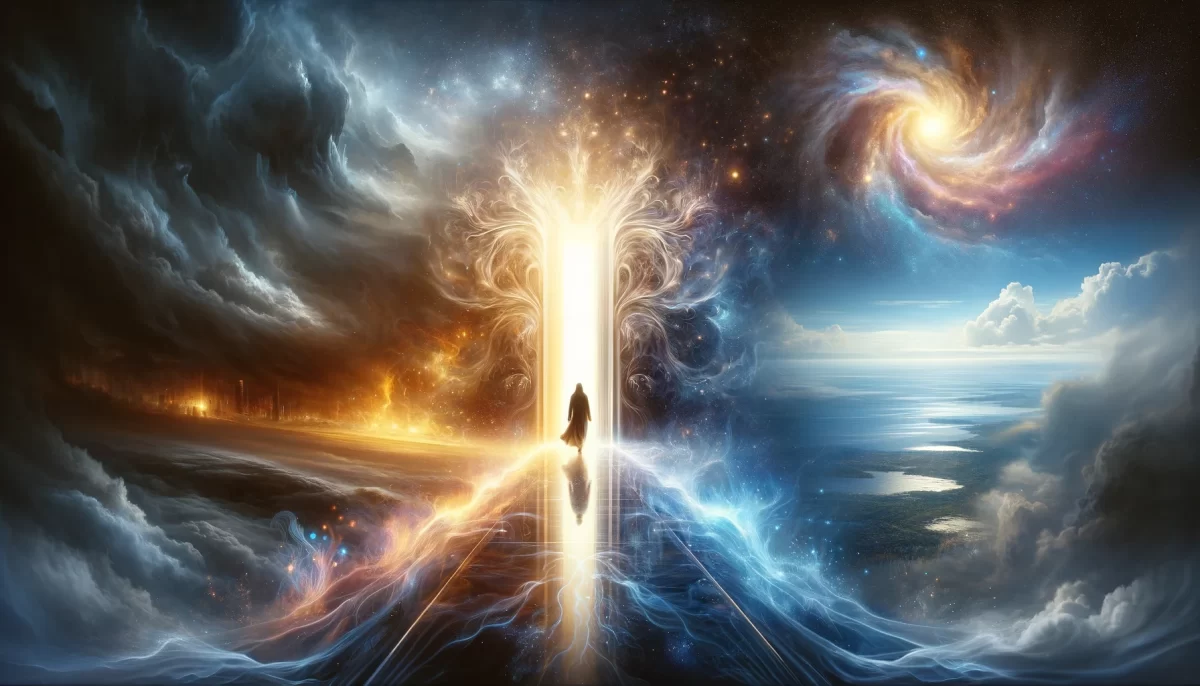
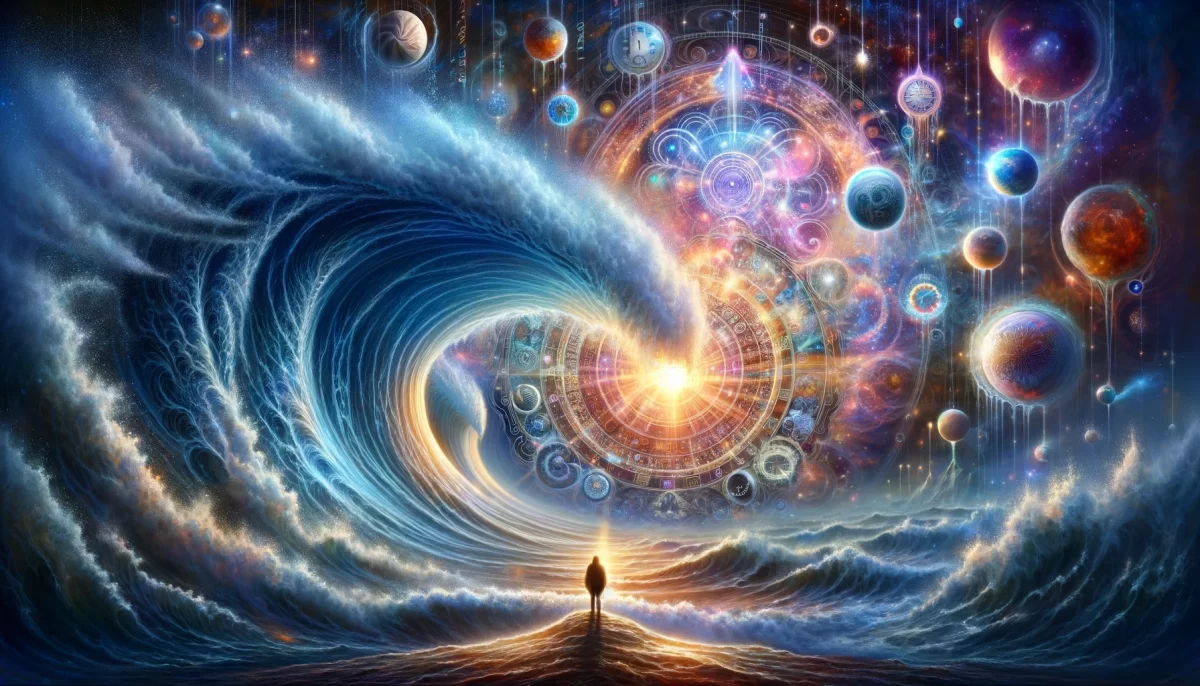
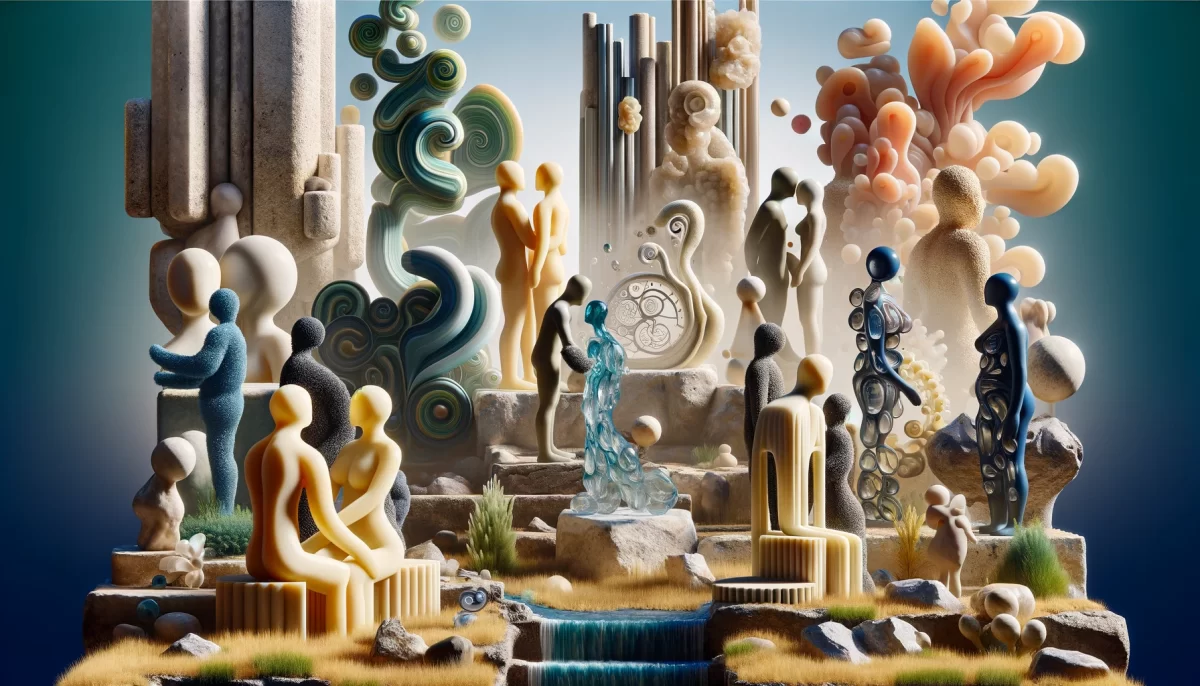
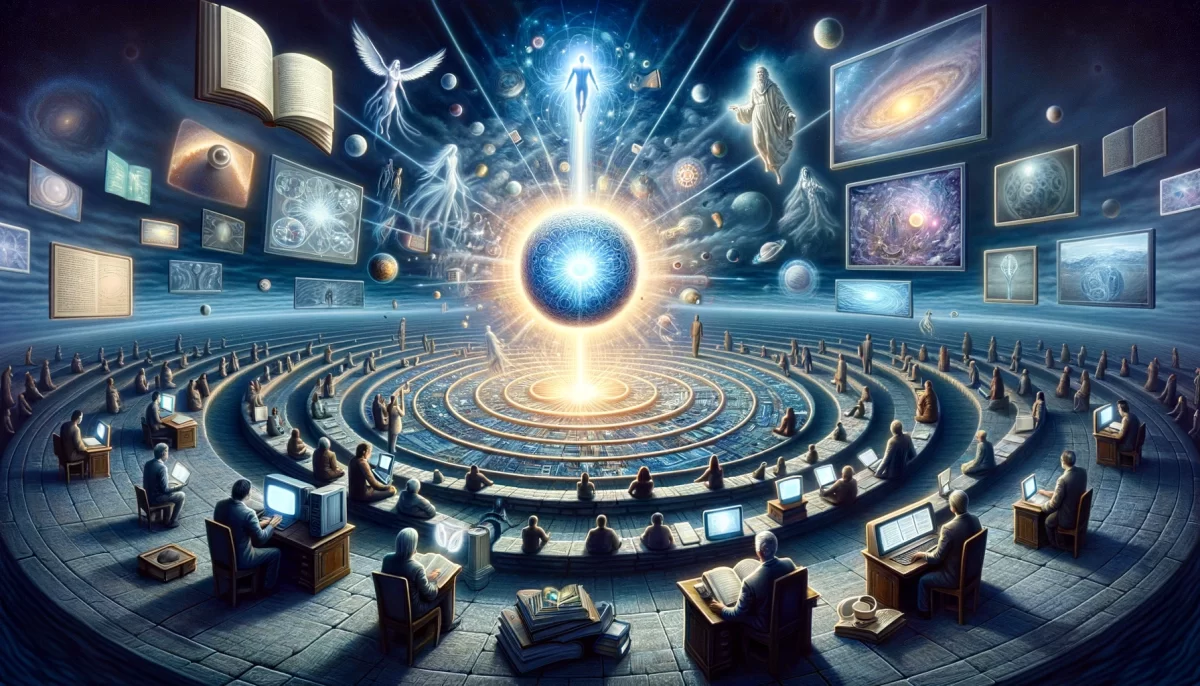


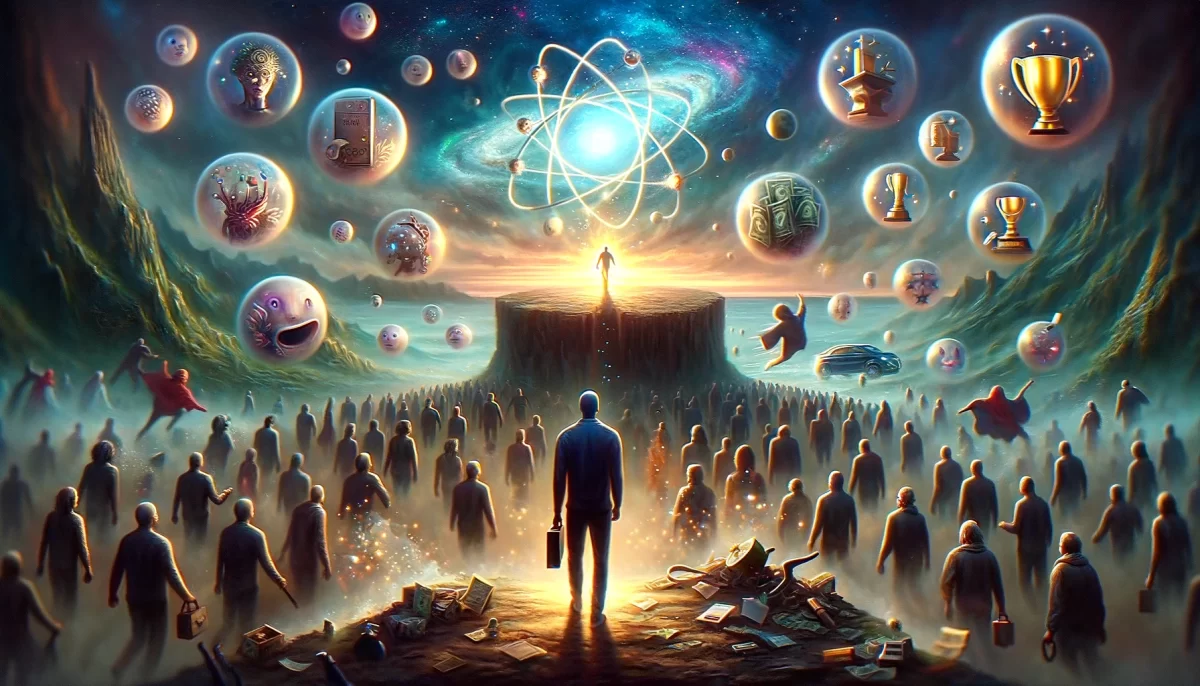


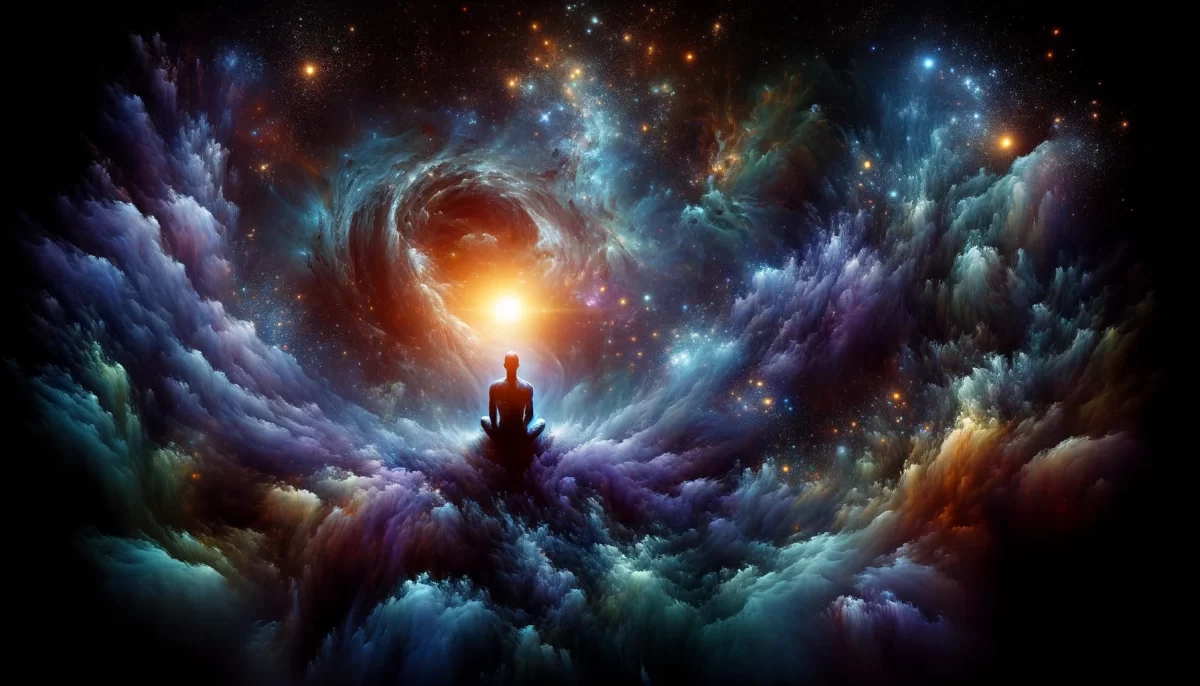
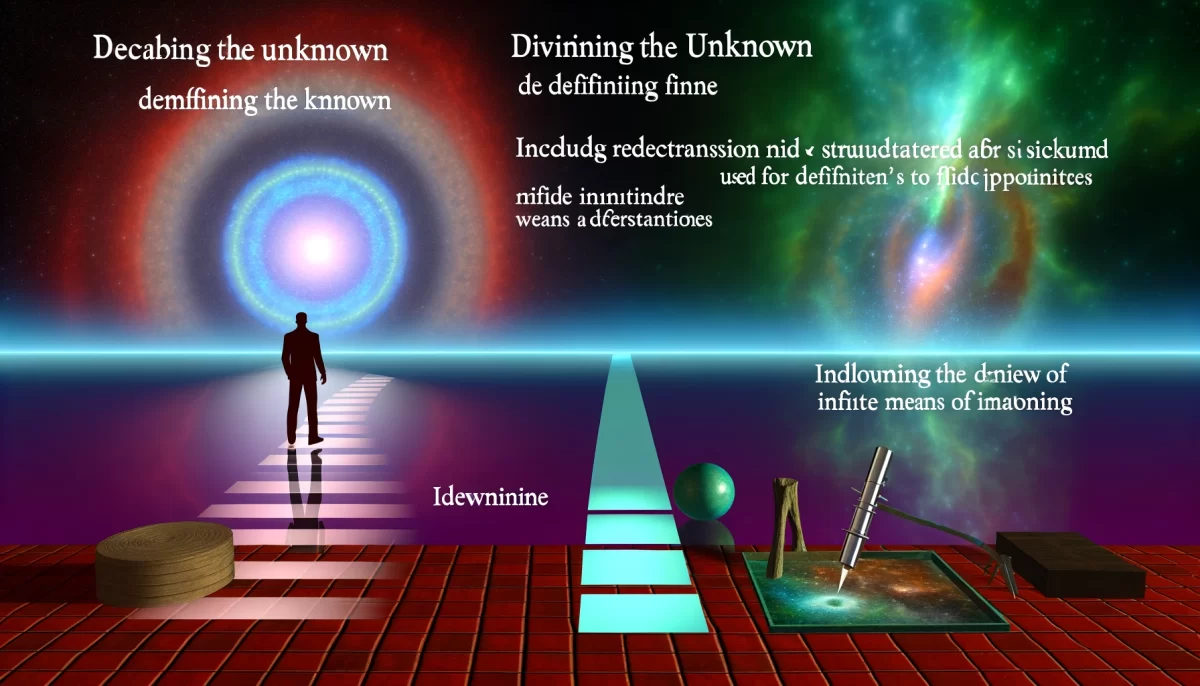

Leave a Reply